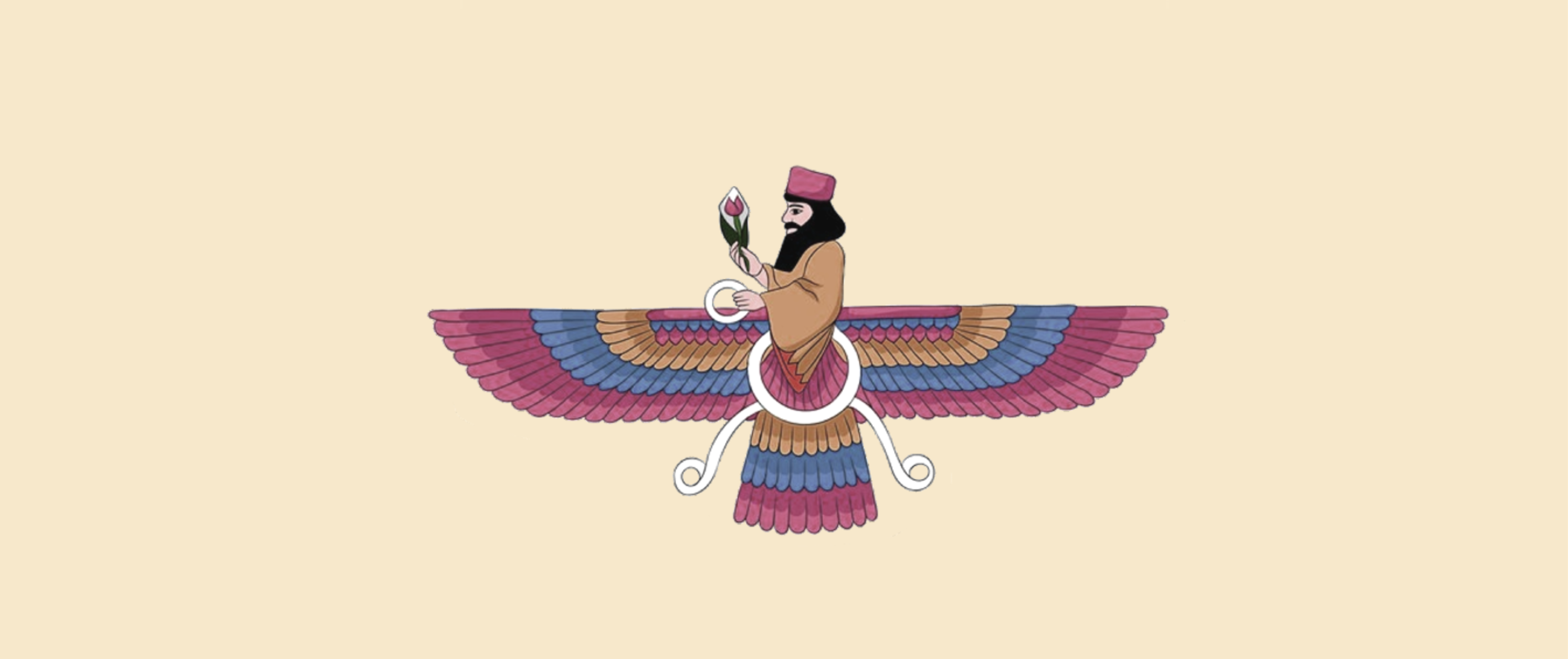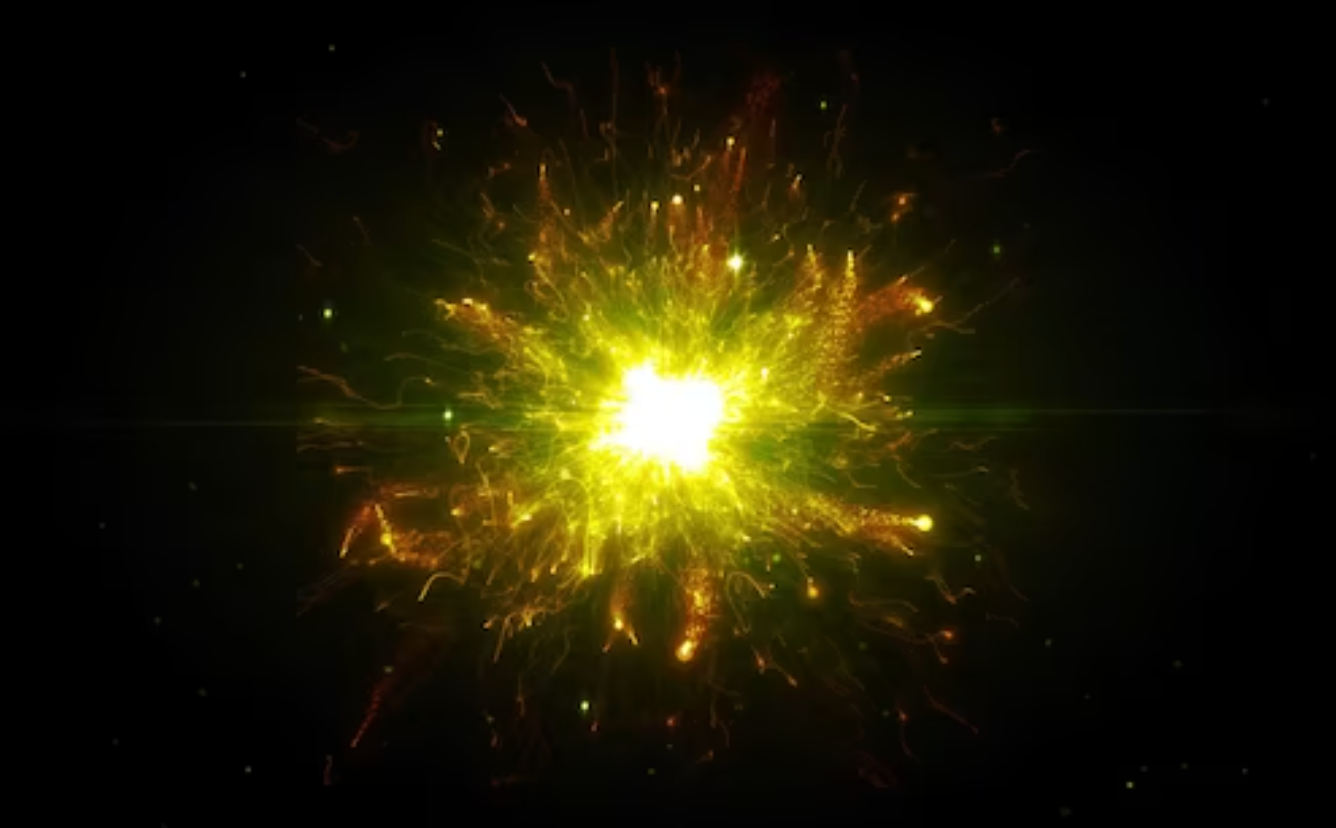Zoroastrianism (Parsi)
Summary of Zoroastrianism (Parsi)
|
God view |
Zoroastrianism is centered on Ahura Mazda, the supreme deity who is seen as the creator of all good things, including the universe. Ahura Mazda is perceived as omniscient, omnipotent, and benevolent. |
|
Self view |
The self (Atman) in Zoroastrianism is viewed as having the potential for both good thoughts, words, and deeds (Asha) and evil thoughts, words, and deeds (Druj). Individuals are encouraged to align themselves with Asha to promote harmony and goodness in the world. |
|
Religious tolerance |
Zoroastrianism historically has a reputation for tolerance towards other religions. |
|
View on rebirth |
Zoroastrianism does not traditionally have a belief in reincarnation or rebirth. Instead,they focus on the individual's actions and their consequences in the current life and in the afterlife. The core Zoroastrian belief is in the individual judgment after death, where the soul faces a final reckoning based on their deeds in life. |
|
View on Evil |
Zoroastrianism teaches that evil is a real force that must be resisted through righteous actions and adherence to Ahura Mazda's divine principles of goodness and order. Zoroastrianism posits a dualistic cosmology where the universe is seen as a battleground between Ahura Mazda, the creator of all good things, and Angra Mainyu, who seeks to destroy or distort Ahura Mazda's creation. |
|
Acceptance of Sacred feminine |
Zoroastrianism does not have a specific concept of the "sacred feminine" akin to some other religious traditions that emphasize divine feminine figures or goddesses. |
|
Does God have a gender? |
In Zoroastrianism, Ahura Mazda, the supreme deity, is typically referred to in masculine terms. Ahura Mazda is often depicted as a fatherly figure. |
|
Idea of freewill |
Zoroastrianism emphasizes the idea of human free will. Central to Zoroastrian teachings is the concept that individuals have the freedom to choose between good and evil. This choice is seen as pivotal in determining one's spiritual path and ultimate destiny. |
|
How are other religious gods perceived? |
Zoroastrianism historically viewed other gods and deities from neighboring cultures and religions through the lens of its own dualistic worldview of seeing the universe as a battleground between Ahura Mazda, the supreme deity of goodness and order, and Angra Mainyu, the force of evil and chaos. Other gods or deities from different religious traditions were often interpreted within this dualistic framework. Interesting fact : In zoroastrianism it is the opposite - A ‘Deva’ often refers to demons or anti-gods, sometimes associated with negative qualities. And ‘Ahura’ (Asura) for a divine or spiritual being. |
|
Is there a concept of conversion? |
Zoroastrianism historically has not been focused on active conversion in the way some other religions are. Traditionally, Zoroastrianism was passed down through generations within families and communities, primarily among those of Persian or Iranian descent. |
|
View on food |
Zoroastrianism does have some dietary restrictions, primarily centered around purity and cleanliness, which are important aspects of the religion. These dietary laws are aimed at maintaining spiritual and physical health, as well as upholding principles of ritual purity. They also fast on specific occasions and avoid specific meats; such as pork, certain seafood and dog meat. |
|
View on Ancestors |
Zoroastrians hold their ancestors in high regard and view them with reverence and respect. Ancestor veneration is an important aspect of Zoroastrian tradition, reflecting a belief in the continuity of family and the influence of past generations on present and future life. Ancestors are believed to continue their spiritual journey after death, potentially influencing the fate of their descendants based on their own actions and adherence to ethical principles during their lifetime. |






